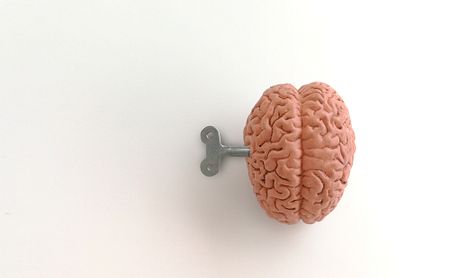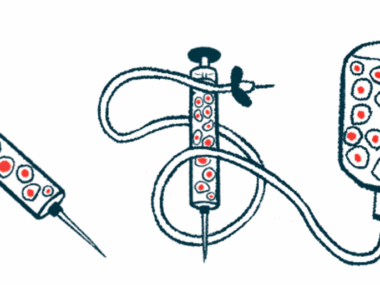First US Patient Receives New Vercise Genus Deep Brain Stimulation Device
Written by |

Surgeons in Detroit have become the first U.S. team to implant the newest deep brain stimulation (DBS) system — Boston Scientific’s Vercise Genus — in a Parkinson’s disease patient.
The device, smaller and thinner than previous models, aims to reduce movement symptoms associated with Parkinson’s by stimulating targeted regions of the brain via implanted electrical leads. These are powered by a pulse generator placed under the skin of a patient’s chest.
The surgery, using Boston Scientific‘s newly approved fourth-generation system, was performed earlier this month by neurosurgeon Jason Schwalb, MD, of the Parkinson’s Disease and Movement Disorder Center at the Henry Ford Health System, in Michigan.
“With neurodegenerative movement disorders like Parkinson’s disease, the ability to deliver the right dose of stimulation where it is needed can make a remarkable difference in controlling an individual patient’s symptoms,” Schwalb said in a press release.
“This new Deep Brain Stimulation system has the ability to adapt therapy to address fluctuations in symptoms and the progressive nature of the condition,” he added, “which allows us to control stimulation precisely and minimize unwanted side effects.”
More than 160,000 DBS systems have been implanted in patients worldwide over the past 25 years to help treat movement disorders, including Parkinson’s, according to Boston Scientific. The new Vercise Genus DBS system, approved by the U.S. Food and Drug Administration in January 2021, is small and thin, according to its developers. Under certain conditions, patients with this device will be able to safely undergo MRI scans.
Medications such as levodopa are the first line of treatment for Parkinson’s-related motor symptoms, which include tremors, rigidity, stiffness, slowed movement, and walking problems. However, these therapies may not always prove effective.
Some patients may fail to adequately respond to medication or may experience problematic side effects. For these individuals, treatments such as DBS provide an alternate way to improve quality of life.
The latest Vercise Genus DBS — an upgrade to earlier systems available for years in both the U.S. and Europe — is approved as an add-on treatment for levodopa-responsive Parkinson’s patients, for whom levodopa alone is insufficient. It is approved for stimulation of both sides of the subthalamic nucleus and the internal globus pallidus, which are brain regions that play key roles in motor function.
When active, the Vercise Genus DBS System’s pulse generator stimulates the brain with a pre-determined program of mild electrical impulses.
The new device is based on cochlear implant technology, which precisely stimulates auditory nerves to replicate hearing. Earlier models, in contrast, rely upon pacemaker technology.
Using Bluetooth wireless technology, individual DBS stimulation programs can be fine-tuned and adjusted as needed, to address changes in symptoms that occur throughout Parkinson’s progression by targeting different brain regions. In this way, physicians and patients can work together to better optimize therapy for each individual.
The new Vercise Genus DBS System is available in both the United States and Europe. In the U.S., the device’s use is to be accompanied by full-body MRI scans.





